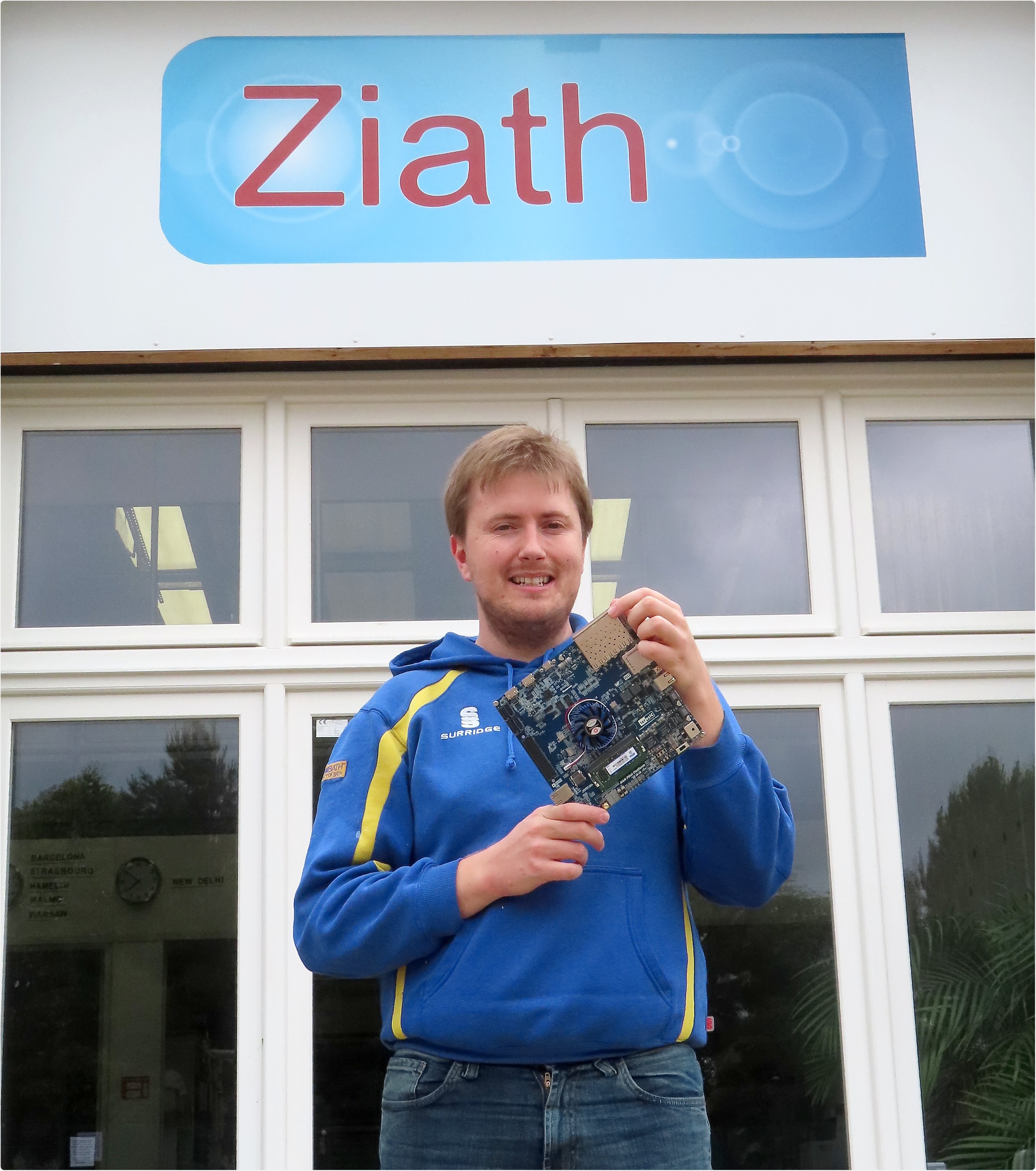Ziath reports on ground-breaking use of Artificial Intelligence that enables discrimination between empty wells in sample tube racks from wells with a tube present which may have an obscured or poorly rendered barcode.

Image Credit: Ziath Ltd
This pioneering work, done in conjunction with the University of Hertfordshire (UK), is part of a program of development for the next generation of Ziath barcoded tube scanners due to launch around the end of 2021.
DataMatrix barcodes play a key role in tracking and tracing both biological and compound samples. These barcodes are usually laser-etched onto the underside of sample tubes, and the tubes are then stored in racks. Tube identification using a barcode reader that scans the bottom of the rack and decodes all the barcodes in one go has recognised issues with correctly identifying which location has a tube and which is an “empty well”.
Ambient lighting, background image noise, variation in barcode lasering and material quality all contribute to detection difficulties using traditional machine vision techniques. To further improve sample tracking and tracing – the next generation of tube scanners and readers must be able to genuinely discriminate between empty wells and wells with a tube present which may have an obscured or poorly rendered barcode.
Dr. Alexander Beasley, from the University of Hertfordshire, is an expert embedded systems design engineer with experience in machine learning. Working closely with Ziath, Dr. Beasley has used a Convolutional Neural Network (CNN) technique for feature extraction of images from a Ziath camera-based barcode reader. In this developmental project he has taken the notion of the CNN and applied it specifically to discriminating empty wells from full wells in DataMatrix-barcoded tube racks.
The CNN I have chosen is designed to be very lightweight allowing for quick execution. When compared to the pre-existing heuristic methods, the CNN approach was almost ten times faster to execute with virtually 100% accuracy.”
Dr. Alexander Beasley, University of Hertfordshire
Ziath has implemented the new Empty Well Detection feature in the latest version of its popular DP5 control software to give customers the full benefit of the new technology immediately.
This is just the first deliverable from our collaboration with Alexander and the University of Hertfordshire team. We are expecting this project to revolutionise the way we decode DataMatrix tubes and help us produce the next generation of faster, lighter, go-anywhere tube rack readers. It’s an exciting development that will, very soon, improve sample tracking and tracing for scientists everywhere.”
Neil Benn, Managing Director, Ziath